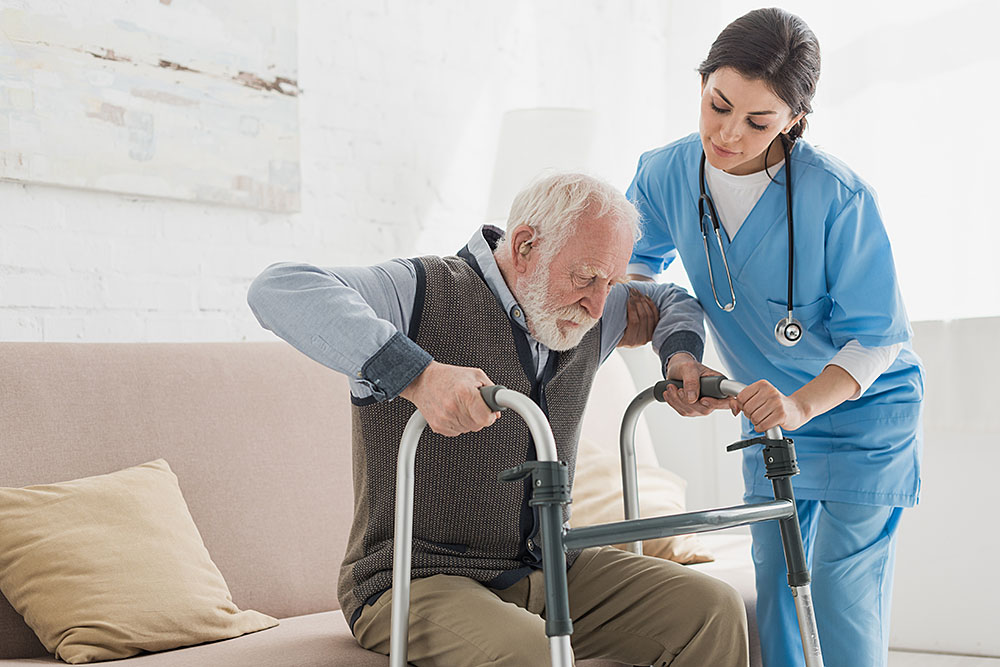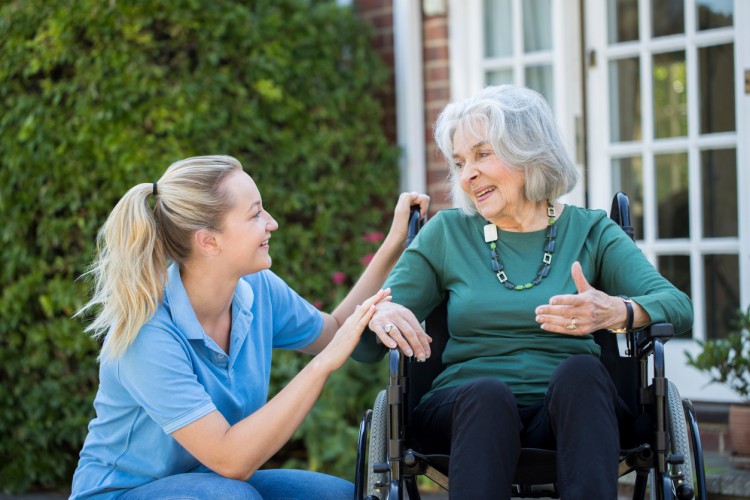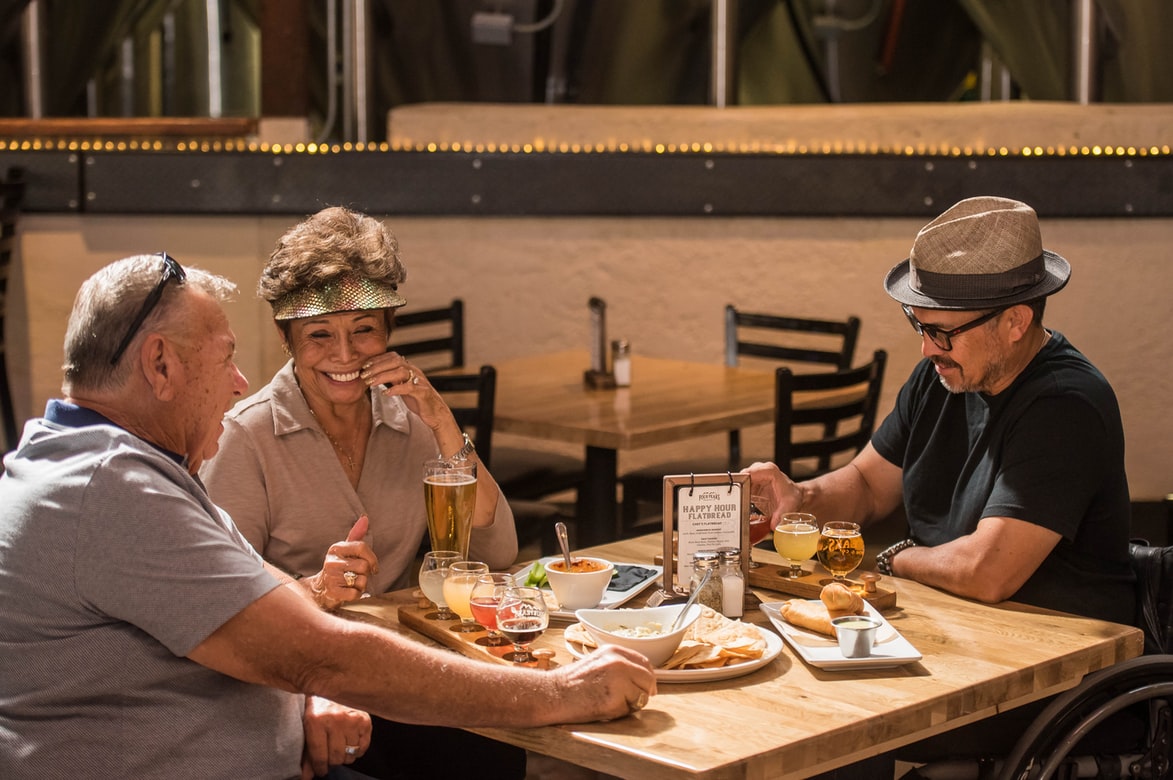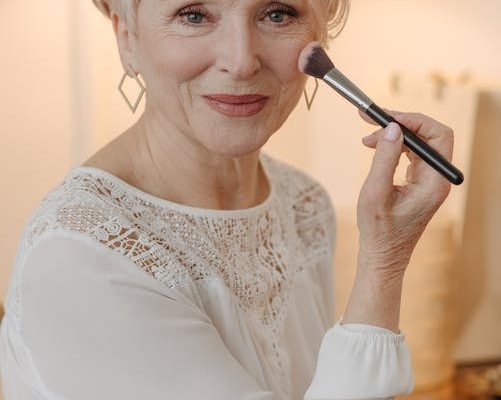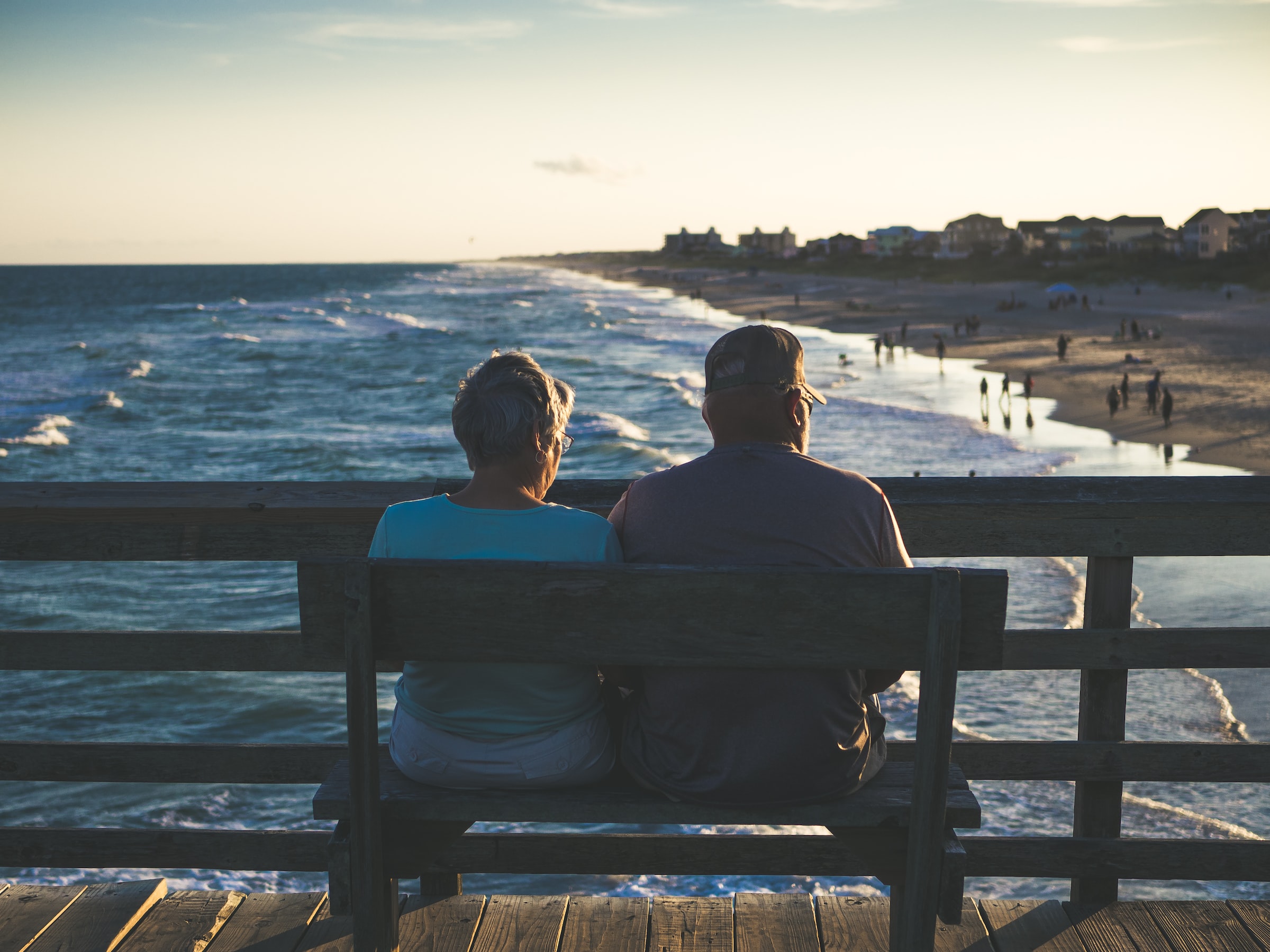America has a long history of being a pet-friendly country. According to the National Pet Owners Survey, 70 percent of households in the United States have a pet. According to the University of Michigan’s National Poll on Healthy Aging, 55 percent of persons 50 and older have pets.

Pets and senior citizens are a natural match. Seniors with mobility challenges, health issues, and low energy can become isolated if they don’t have a pet. Social isolation can lead to loneliness, despair, and poor physical health in seniors, especially those who live alone; however, companion pets can help reduce these symptoms.
Learn why elders should consider getting a pet, what to look for when choosing a pet, and which pets are best for seniors.
Why Do Seniors Need Pets?
Pets can enhance seniors’ well-being. According to the Michigan study, senior pet owners said that owning a pet provided them with:
Assisted them in having a good time (88 percent )
They were made to feel loved (86 percent )
Stress reduction (79 percent )
It gave me a sense of purpose (73 percent )
They were introduced to others (65 percent )
Physical activity was encouraged (64 percent )
Pets can also assist with security, protection, and the establishment and maintenance of a routine.
According to the Michigan study, the pandemic simply boosted pet ownership among seniors, with 10% reporting purchasing a new pet between March 2020 and January 2021.
What Should Seniors Think About When Getting a Pet?
Many aspects go into determining which pet is appropriate for elders. Seniors who use wheelchairs or are confined to their beds, for example, may struggle with any pet that demands a lot of upkeep. You should think about whether a pet is a good fit for your lifestyle, your requirements, your home, and your ability to care for it.
Here are some more things to think about:
Is it physically possible for you to care for a pet? Will you be capable in the long run?
Are you able to devote enough attention to your pet’s happiness and health?
Do you have family or friends who can help you care for your pet if you cannot?
Is the price of a pet, including food, medical care, training, and toys, affordable?
What is the maximum size pet that your home and physical abilities can accommodate?
Will you be able to handle simply one or more pets?
Which Pets Are the Best for Seniors?
Dog
In the United States, dogs are the most popular pets. According to the APPA National Pet Owners Survey, about 70% of pet owners have a dog.
Many people choose dogs because they are friendly, loyal, protective, helpful, playful, and enjoy being petted. The disadvantage is that many dogs require a lot of attention and exercise. Allergies are also more likely to be triggered by certain pets.
The following are some of the best breeds for senior citizens:
Bichon Frise: These small dogs require more grooming but do not shed excessively and have moderate energy.

Cavalier King Charles Spaniels: These little dogs are friendly, trainable, and like spending time with their owners. Boston terriers are pleasant, well-mannered, affectionate dogs with a lot of energy who are also easy to groom.
English bulldogs are low-activity pets who are shy and quiet. They do, however, require regular maintenance.
Like their English counterparts, French bulldogs are quiet and require little exercise, but they do require maintenance.
Miniature schnauzers are lively, playful, obedient, and eager to please dogs, yet they can be noisy.
Pomeranian: These tiny bouncy dogs are lively, enjoy being petted, and require regular grooming but not a lot of activity.
Poodles: These intelligent dogs adapt well to various surroundings and do not shed much, but they do require a lot of activity and care.
Pug: These small dogs are friendly and playful, and they require less activity than other breeds. However, they can be stubborn.
Yorkshire terrier: These small dogs don’t shed, don’t require a lot of exercise, and don’t require a lot of maintenance.
Let us know in the comments which dogs do you think will be best for seniors…


